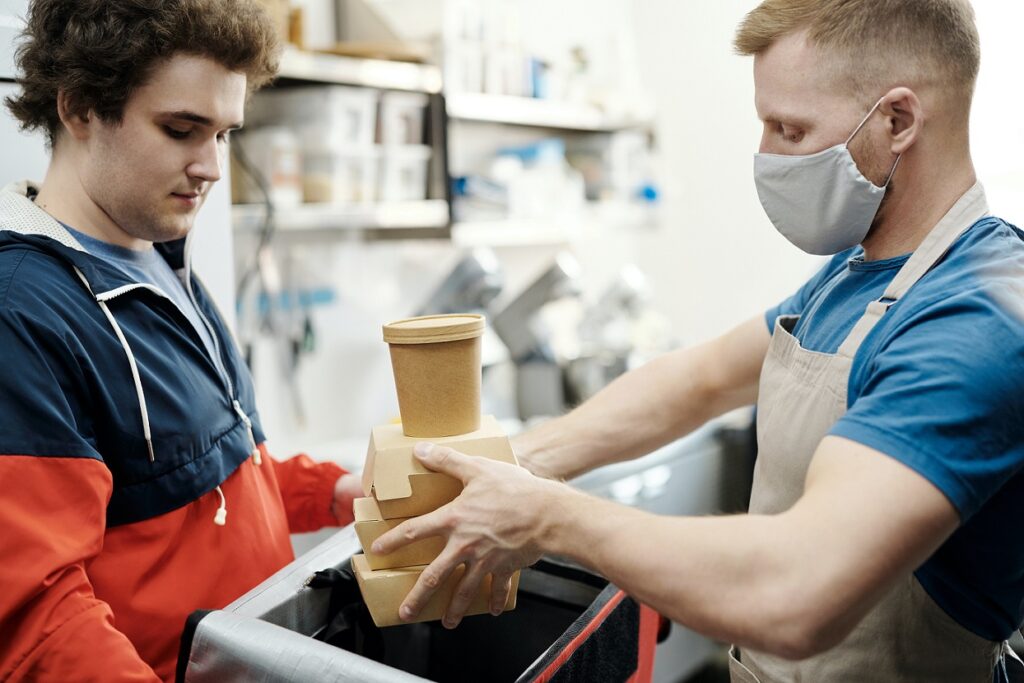
5 mistakes you should avoid when creating a loyalty program
Establishing a good loyalty program can be difficult. Practice shows that many programs are shut down after just one year of operation because they do

Perhaps never before has brand trust and customer commitment been so important. The coronavirus pandemic proved that companies that consistently built loyalty among their audience at a critical moment could count on their support and solidarity. Restaurants, vacation operators and service establishments, among others, found this out by finding buyers for vouchers, for products and services with deferred, unspecified delivery dates. It can be said that customers have not let these companies, which have taken care of good and lasting relationships with their target group in times of economic growth, fall by the wayside. This attitude is relatively easy to understand. For better or worse, we are with those we trust and with whom we want to identify. It is the consistently built bonds with customers that have allowed many companies to survive the slump associated with the COVID-19 pandemic and find their way in the new business reality.
Building loyalty in business is a long and complex process that involves many factors. Customers appreciate not only the high quality of products and services, but also the level of service. Equally important (and often more important) for them are the values professed by the company, as well as the language and communication channels it uses in dealing with its audience. On this last point, new technologies play a considerable role today, effectively crushing the barriers between the worlds of suppliers and consumers. They allow interaction not only at the time of purchase (in the store, in the sales office or over the phone), but also at a later time and many times over. Although many business owners don’t realize it, today it only takes one click to establish a relationship with customers. This is how loyalty systems and applications work. Many well-known brands have already invested in their own such software. Global giants such as Nike, Amazon and Sephora deserve a mention. In Poland, meanwhile, popular retail chains Lidl and Żabka, whose “Żappka” application has already been downloaded by hundreds of thousands of users, successfully use this channel.
Importantly, loyalty programs, so useful in times of pandemic, are not exclusively reserved for large companies, chain stores and corporations with significant marketing budgets or their own IT departments. An example of an affordable solution dedicated to medium, small and micro businesses is the Rewardo loyalty application, which is perfect for a restaurant, hair salon, car wash or tattoo parlor. For as little as a few tens of zlotys a month, entrepreneurs can use the system that allows, among other things, positioning the company on the Internet, awarding loyalty points and interacting with customers via push messages on the phone. The advantage of the Rewardo application is its intuitiveness and extreme simplicity of use on the business customer side. Importantly, the solution can be tested for free without any obligation.
A potential alternative to a loyalty app in a small business could be paper cards for collecting stamps in exchange for repeat purchases at the same location. However, they have too many disadvantages. They are easy to lose or destroy by accident, and they litter customers’ wallets and pockets. Unlike mobile apps, they do not allow interaction with shoppers beyond the brief moment when they are physically at the service location. “Cards” do not allow for comprehensive control of the loyalty process and can easily become a source of abuse by rogue staff. Crucially during the COVID-19 pandemic, they are unsanitary and can carry health-threatening bacteria and viruses.

Establishing a good loyalty program can be difficult. Practice shows that many programs are shut down after just one year of operation because they do

Modern food service marketing – use new tools to gain an edge A distinguishing feature of the food service industry is high competition. Restaurants, cafes

Why Loyalty Apps Are the Marketing Tool Every Retailer Needs In today’s highly competitive retail landscape, finding effective marketing tools is crucial for retailers to
Rewardo Spółka z o.o.
Aleja Zygmunta Krasińskiego 14/3A
30-101 Kraków
NIP PL6772457843